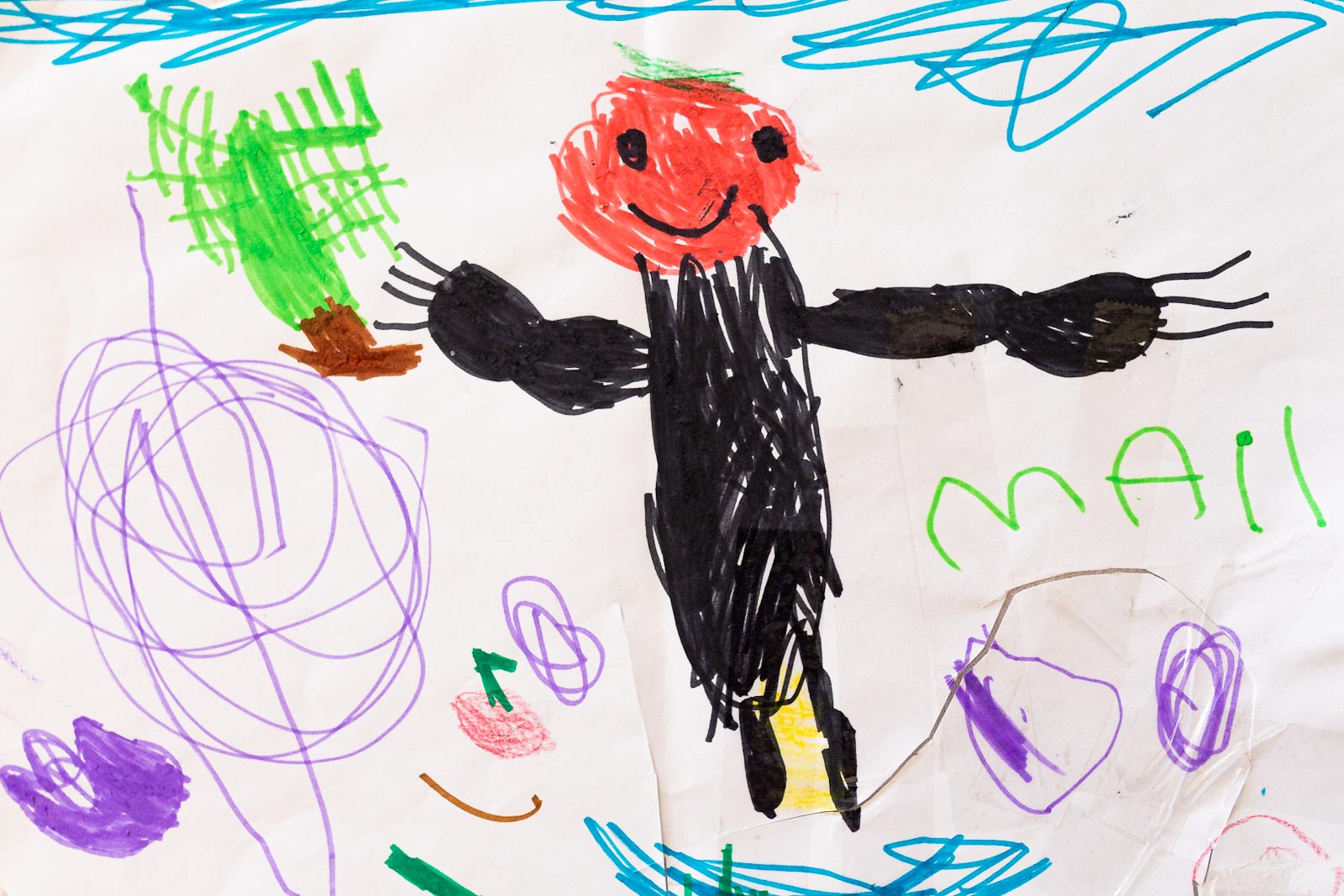
Children can have a strong interest in their grandparents, especially if they live together or have a close relationship. Children who don't have grandparents may be more interested in elderly people.
The topic of grandparents connects with the Early Years Learning Framework (EYLF). Learning about family helps children connect with people (4.4), become strong in their social and emotional wellbeing (3.1), and feel safe, secure and supported (1.1).
Help children connect with their grandparents
Invite grandparents to special events
Parents may not think to invite grandparents to childcare events. When you send out invitations, specifically welcome grandparents and extended family. Hold events especially for older relatives.
Write snail mail letters
Can you imagine the joy a grandparent will feel when they open a letter from their grandchild? This works best with older children who can understand the process of sending and receiving letters. Include drawings and photos. Educators can help children write the text. Remember to include a return address!
Books and bickies
A child chooses a few friends and makes a video call to their grandparent who reads them a storybook. Everyone shares cups of milk and biscuits. Don't worry about having a plan. If the milk gets spilt and the book gets forgotten, this is all part of the fun.
Look at photos from a grandparent's childhood
Grandparents can provide photos from their childhood or educators can find historical photos from that time period. Children look at and discuss the photos, noticing how the world has changed since then.
Draw a family tree
Children who are close to their grandparents might like to sketch a family tree. This learning activity helps children understand the link between generations. Some children are amazed to learn that "grandma is mum's mum".
Learn different names for grandparents
Children make a big list of the names they call their grandparents. Research the cultural background of each name (if there is one). Here are some common names:
Abuela, Bibi, Giagia, Grandma, Gma, Grammie, Gramms, Gran, Grandmother, Grandmum, Granny, Mawmaw, Meme, Momo, Nan, Nana, Nanna, Nanny, Nonna, Nonno, Oma, Sitty, Yaya.
Abuelo, Babu, Grampie, Gramps, Grandad, Grandfather, Grandpa, Grandpop, Jeddou, Opa, Papa, Pappous, Pawpaw, Pop, Poppy.
Events
In Australia, Grandparents Day is the last Sunday in October.
Discussions
- What is a grandparent?
- Do grandparents go to work?
- Does everyone have grandparents? How many grandparents can somebody have?
- What do grandparents look like?
- How old are grandparents?
- What do you like about your grandparents? What are your favourite things to do together?
Reflections
- Are grandparents sharing positive experiences with their grandchildren?
- Are grandparents responding to invitations? Are there any obstacles to participation that can be overcome?
- What could grandparents and grandchildren make together?
- Are any grandparents interested in volunteering at your service?
- Is there anything children can do to help their grandparents?
Resources
Picture books
- The Things I Love About Grandparents by Trace Moroney
- Is Your Grandmother a Goanna? by Pamela Allen
- Grandma's House by Alice Melvin
- What Do You Call Your Grandma? by Ashleigh Barton and Martina Heiduczek
- What Do You Call Your Grandpa? by Ashleigh Barton and Martina Heiduczek
- How to Babysit a Grandma by Jean Reagan and Lee Wildish
- How to Babysit a Grandad by Jean Reagan
Music
- Justine Clarke: My granny loves to laugh
- Amber Lawrence: My grandma
